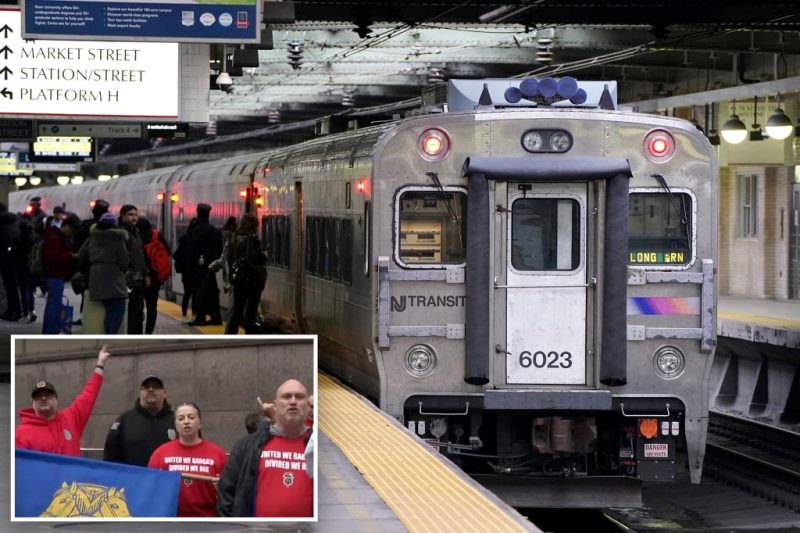
New Jersey commuters are facing unprecedented disruption after locomotive engineers for NJ Transit went on strike, marking the first major transit strike in the state since 1983. Negotiations between the union representing the engineers and NJ Transit broke down, leading to a complete standstill on many rail lines. The strike has left thousands stranded, forcing many to scramble for alternative transportation options, creating significant delays and adding considerable stress to their daily routines.
The impact of the strike is widespread, affecting not only daily commuters but also impacting businesses and the overall economy of the state. Many commuters report significant delays in reaching work, while others have had to resort to carpooling, ride-sharing services, or other less convenient alternatives. The lack of reliable public transportation is creating significant logistical challenges for many, highlighting the crucial role NJ Transit plays in the daily lives of New Jersey residents.
The reasons behind the breakdown in negotiations remain unclear, although reports suggest disagreements over wages, benefits, and working conditions played a significant role. Both sides have released statements, with NJ Transit expressing disappointment and a commitment to finding a swift resolution, while the union highlights their concerns about fair compensation and safe working conditions. The situation underscores the importance of effective communication and compromise in labor negotiations, particularly in sectors that directly impact the public.
As the strike continues, the pressure mounts on both NJ Transit and the union to reach an agreement. The longer the strike persists, the greater the economic and social impact will be. Commuters anxiously await a resolution, hoping for a quick return to normalcy and a reliable public transportation system. The situation serves as a reminder of the vital role public transportation plays in the functioning of modern society and the consequences when such systems are disrupted.










